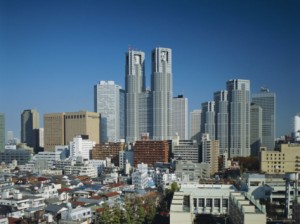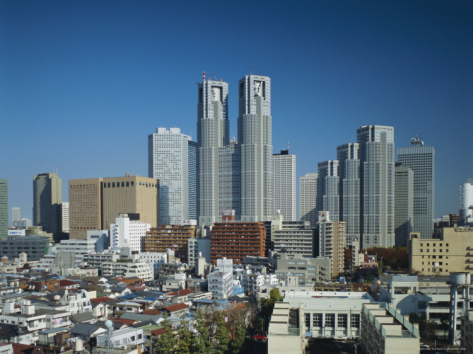 Japanese Prime Minister Shinzo Abe has made falling prices one of the government’s top targets, with a series of anti-deflation measures aimed at curbing a decline that’s affected Japan since the 1990s. This June marked the first month of rising prices in a year, bringing hope of a large-scale recovery for Japan.
Japanese Prime Minister Shinzo Abe has made falling prices one of the government’s top targets, with a series of anti-deflation measures aimed at curbing a decline that’s affected Japan since the 1990s. This June marked the first month of rising prices in a year, bringing hope of a large-scale recovery for Japan.
After suffering one of the worst economic downturns in the 1980s, Japan has dealt with long-term deflation that’s severely hampered economic growth. Once a rapid growth economy driven by technology and manufacturing, Japan has faced severe deflation and joblessness over the past decades as its economy gradually recovered.
The June price increases are the fastest of their type in nearly five years, signalling that recent economic changes could have a positive impact on Japan. Prices rose by 0.4 percent in June 2013 compared to twelve months earlier, with increases in the price of gasoline and electricity driving much of the growth.
A weaker yen has been one of the leading causes of the price increases, with Japan’s currency decreasing in value relative to others in recent months. Japan recently shut down its nuclear reactors after the 2011 tsunami, with most of the country’s energy now imported from abroad under a fuel import scheme.
Because of the surge in imported fuel, economists are weary to paint Japan’s recent consumer price increase as a long-term trend. The increase in consumer prices does not include food, and economists claim that the narrow field of growth shouldn’t be held up as an indicator that the economy is improving as a whole.
Koichi Fujishiro, of the Dai-ichi Life Research Institute, claims that Japan will need to show an extended period of wage growth in order for the increase in living costs to be thought of as a long-term trend. Others echoed his sentiments, claiming that the short increase in prices is a positive development, but not a long-term trend.





